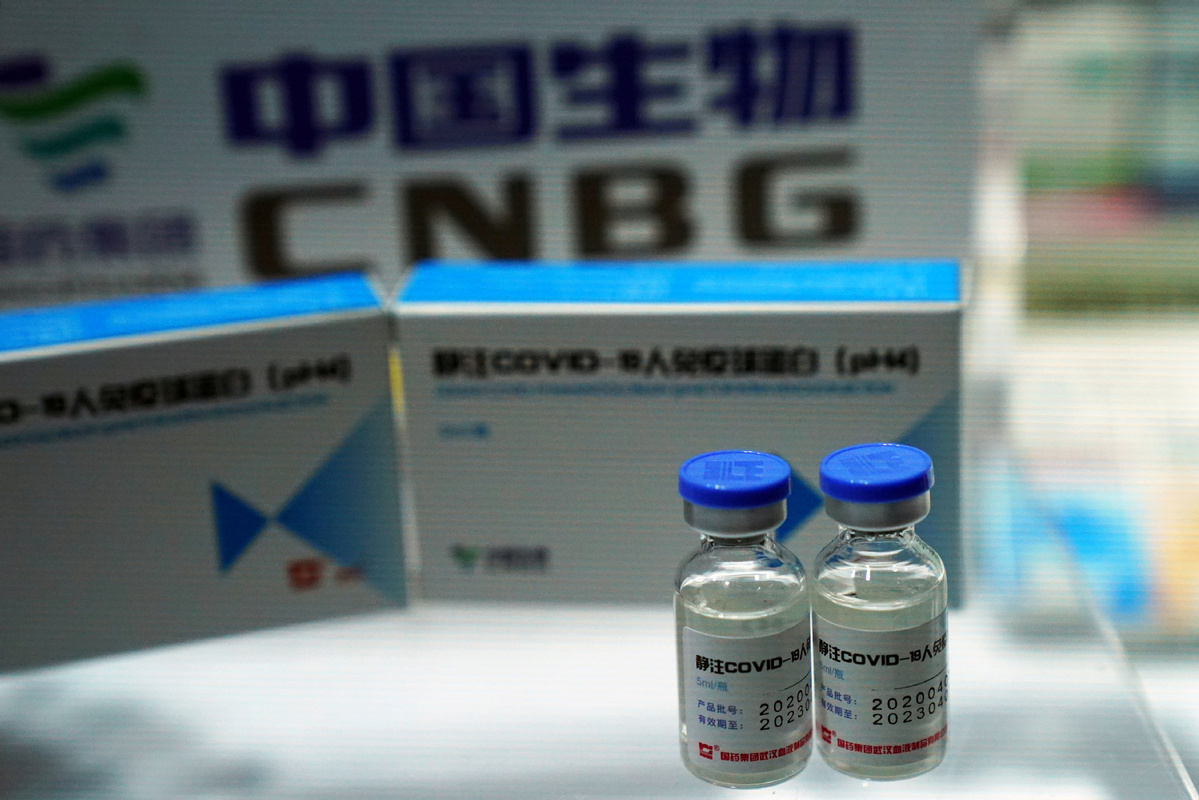Eligible children should be given COVID-19 vaccines: Wuhan study


Focusing on the transmission characteristics of novel coronavirus in more than 20,000 families in Wuhan, Central China's Hubei province, researchers found that the susceptibility of infants and adolescents to novel coronavirus was weaker than that of senior citizens in the same family, but their ability to transmit the virus is stronger.
The result discovered by a research team from the School of Public Health with Huazhong University of Science and Technology was published in a retrospective observational study of household transmission of novel coronavirus in Lancet Infectious Diseases on Wednesday.
Therefore, the study promoted the suggestion that if conditions permit, eligible children should be given COVID-19 vaccines in a timely manner.
The team carried out a search on 27,101 families with 29,578 COVID-19 patients and 57,581 close contacts reported between Dec 2, 2019 and April 18, 2020 in Wuhan.
Research results showed those over 60 years of age were in the group with the highest infectious risk. Also, infants younger than 1 year old were more vulnerable to the virus, compared with children aged 2 to 5, and children aged 6 to 12.
The study also found the potential of asymptomatic carriers to infect others was much lower than that of confirmed cases, while confirmed cases are more contagious before showing symptoms.
- China releases survey report on coral reef ecosystem of Huangyan Island
- PLA strikes mobile ground targets in drills in middle areas of Taiwan Strait
- Legislation revised on spoken, written Chinese usage
- Amendment adds green focus for fishing industry
- Winter crayfish harvest secures year-round supply
- Death sparks discussion on solo living





































